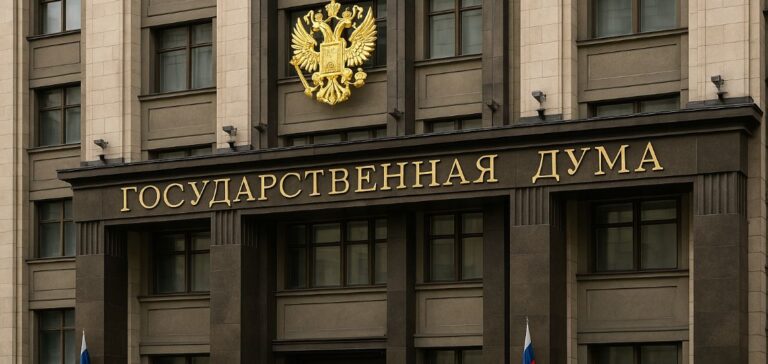On Tuesday, Russia’s State Duma, the lower house of parliament, ratified a strategic cooperation treaty with Iran, primarily focusing on energy sectors such as natural gas, oil, and civilian nuclear energy. Originally signed between the leaders of both nations last January, this agreement commits Moscow and Tehran to a long-term alliance lasting twenty years. The ratification underscores the strong political and economic commitments between Russia and Iran amid an international geopolitical context marked by sustained economic sanctions targeting both states. Initial practical initiatives include resource sharing and joint implementation of major energy projects valued in billions of dollars.
Massive Gas Sector Investments
Russian energy giant Gazprom and the National Iranian Oil Company (NIOC) already laid the financial groundwork for this partnership through a memorandum of understanding estimated at approximately $40 billion, signed in July 2022. This deal notably includes the development of Iran’s Kish and North Pars gas fields, along with the joint operation of six additional oil fields. Major infrastructures, including pipelines for exporting Iranian gas and liquefied natural gas (LNG) facilities, are also planned for joint development, thus strengthening Russia’s strategic position in the Middle East.
Deliveries of Russian gas to Iran could reach up to 55 billion cubic meters (bcm) per year, starting however at more modest volumes of approximately 2 bcm per year before progressively increasing, as detailed by Russian officials. Potential transit through Azerbaijan is being considered for moving these significant volumes, highlighting the complexity of regional energy alliances. These exchanges could significantly enhance Iran’s internal energy capacity as well as its export potential to targeted regional and international markets.
Joint Civil Nuclear Development
The agreement also provides for intensified technological exchanges and investment in civil nuclear energy. Joint construction of new nuclear power plants is part of the planned activities, continuing existing collaborative projects already established between Moscow and Tehran in recent years. This cooperation aligns with Iran’s strategy of energy diversification and Russia’s goal of extending its technological influence in the international nuclear arena. Specific financial details related to nuclear sector projects have not yet been publicly disclosed.
This treaty comes amidst a tense diplomatic environment and persistent international economic pressure on both nations. Nevertheless, by committing to this long-term collaboration, Moscow and Tehran aim to solidify their respective positions in regional and global energy markets, presenting a tangible alternative to traditional Western markets. It remains to be seen precisely how these measures will concretely impact global energy markets in the coming years.






















